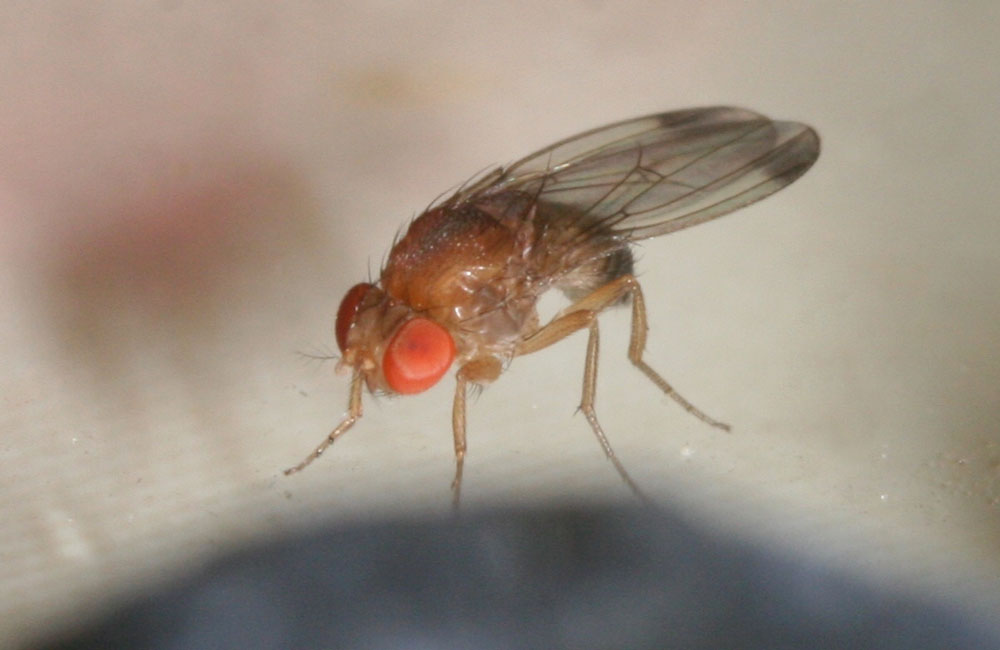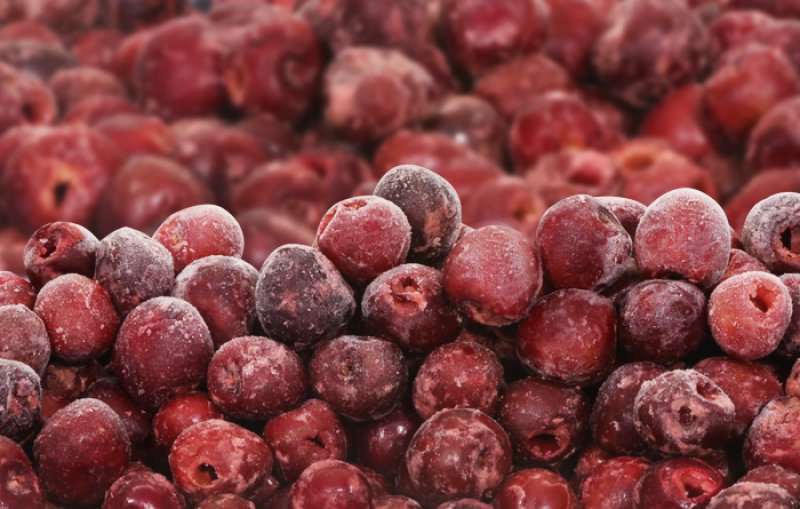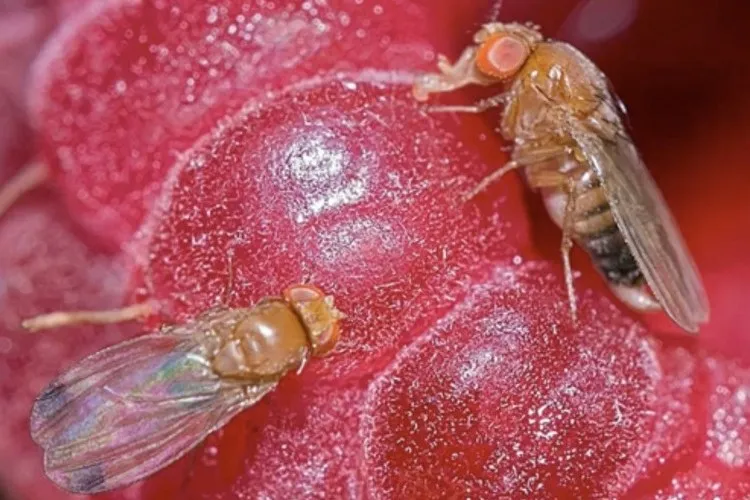A recent study, conducted jointly by several Brazilian universities and research institutes, examined the insecticidal potential of Pectis brevipedunculata essential oil against Drosophila suzukii. D. suzukii is a significant and difficult-to-control pest, especially in sweet cherry cultivation, known for causing substantial damage to fruits, with potentially severe production losses.
The tested essential oil is derived from a plant (P. brevipedunculata) belonging to the Asteraceae family, traditionally used in medicine. This oil has proven to be an excellent bioinsecticide, while simultaneously having a minimal impact on pollinator bees, Apis mellifera and Partamona helleri.
The research utilized in silico approaches to examine the interactions between the essential oil components, mainly neral and geranial, and three key protein targets: γ-aminobutyric acid (GABA) receptors, acetylcholinesterase (AChE), and glutathione S-transferase (GST).
Molecular docking predictions revealed a higher affinity of these compounds for GABA receptors in Drosophila suzukii compared to those in Apis mellifera. This differential affinity is crucial in explaining the selective toxicity observed in bioassays.

The essential oil demonstrated significant insecticidal activity, with a median lethal concentration (LC50) of 2.25 μL/mL against D. suzukii. In contrast, both species of pollinator bees showed greater tolerance, indicating the essential oil’s potential to target the pest while sparing beneficial insects. This selective toxicity is a key advantage, aligning with the principles of integrated pest management (IPM), which aim to minimize harm to non-target species and the environment.
Despite these promising results, the study emphasizes the need for further investigations to fully understand the mechanisms behind the selective action of the essential oil. The authors suggest more in-depth tests (such as binding tests and electrophysiological recordings) to clarify the modes of action.
Such research could strengthen the case for P. brevipedunculata essential oil in IPM strategies, offering a natural and effective solution for managing Drosophila suzukii while protecting pollinators.
The study concludes by highlighting the dual benefits of P. brevipedunculata essential oil in pest control: its efficacy against an important agricultural pest like D. suzukii and its safety for key pollinator species. This dual advantage underscores the importance of developing sustainable agricultural practices that balance pest management needs with environment protection and biodiversity.
Source:Cruz Araujo SH, Mantilla-Afanador JG, Svacina T, Nascimento TF, da Silva Lima A, Camara MBP, Viteri Jumbo LO, dos Santos GR, da Rocha CQ, de Oliveira EE. Contributions of γ-Aminobutyric Acid (GABA) Receptors for the Activities of Pectis brevipedunculata Essential Oil against Drosophila suzukii and Pollinator Bees. Plants. 2024; 13(10):1392. doi.org/10.3390/plants13101392.
Image: VUR
Andrea Giovannini
University of Bologna (IT)
Cherry Times - All rights reserved











